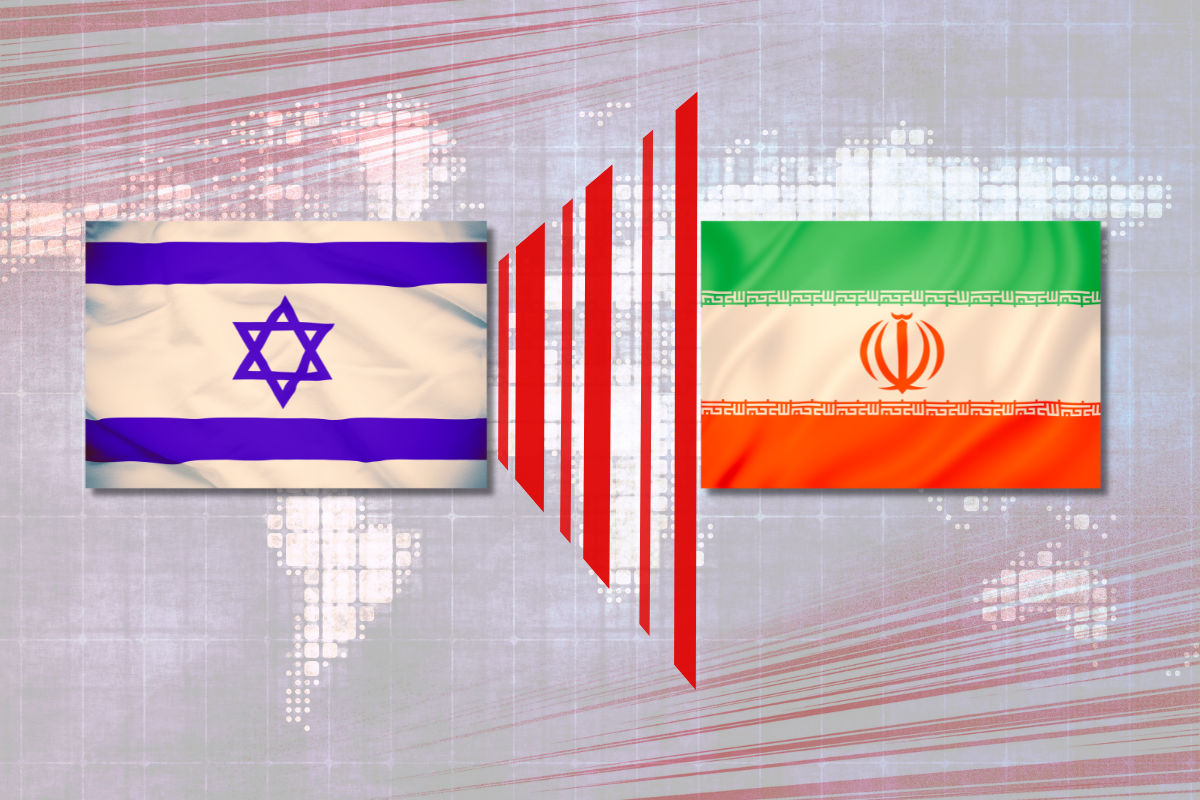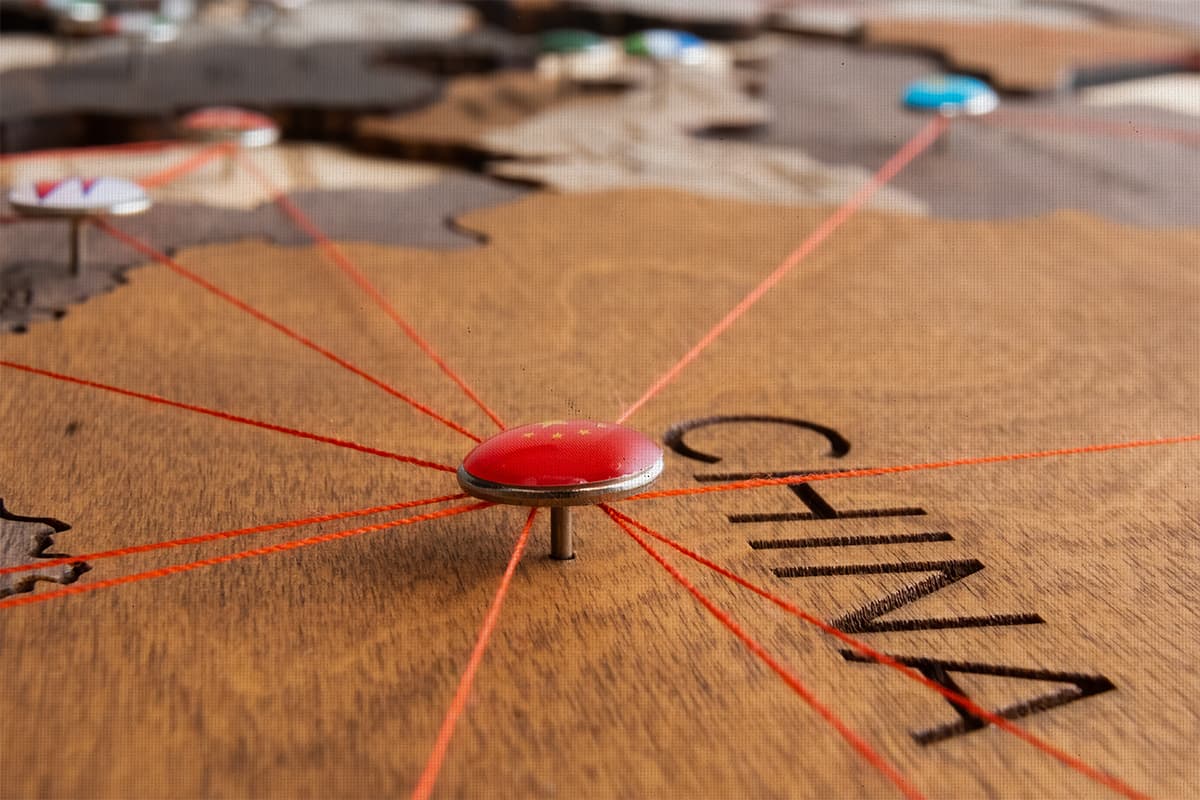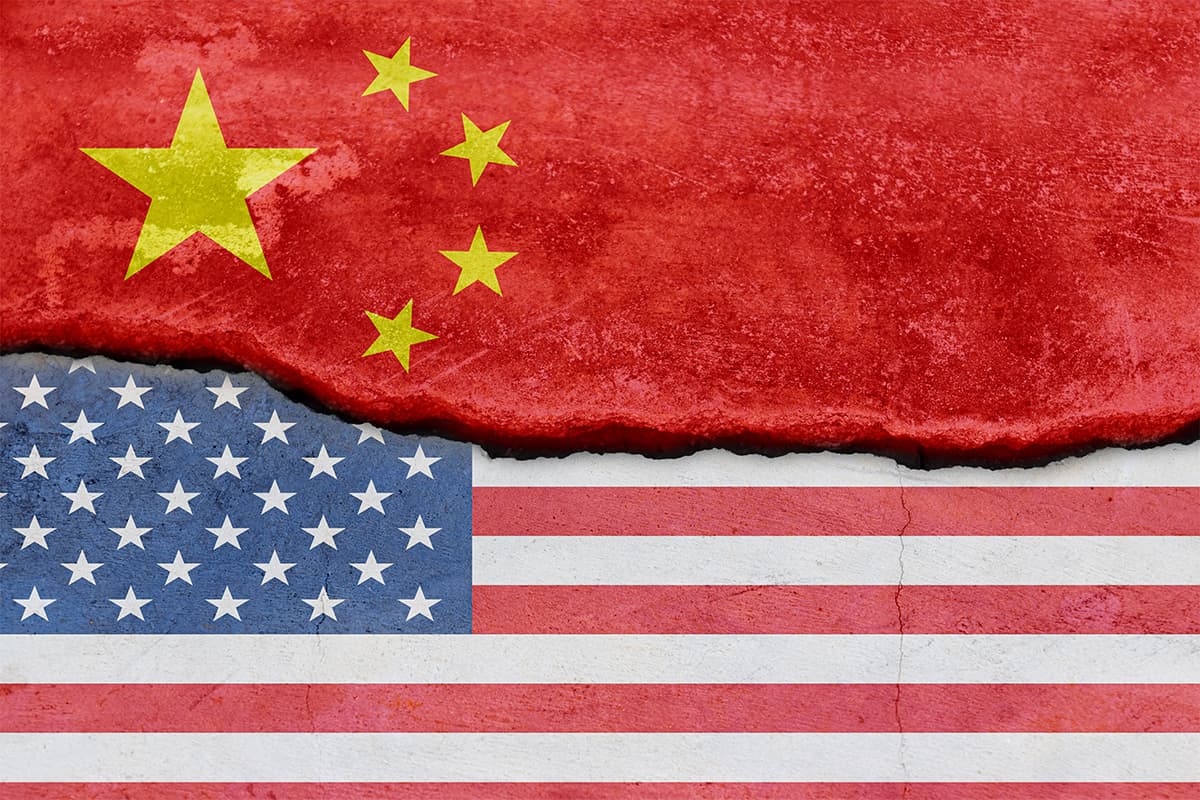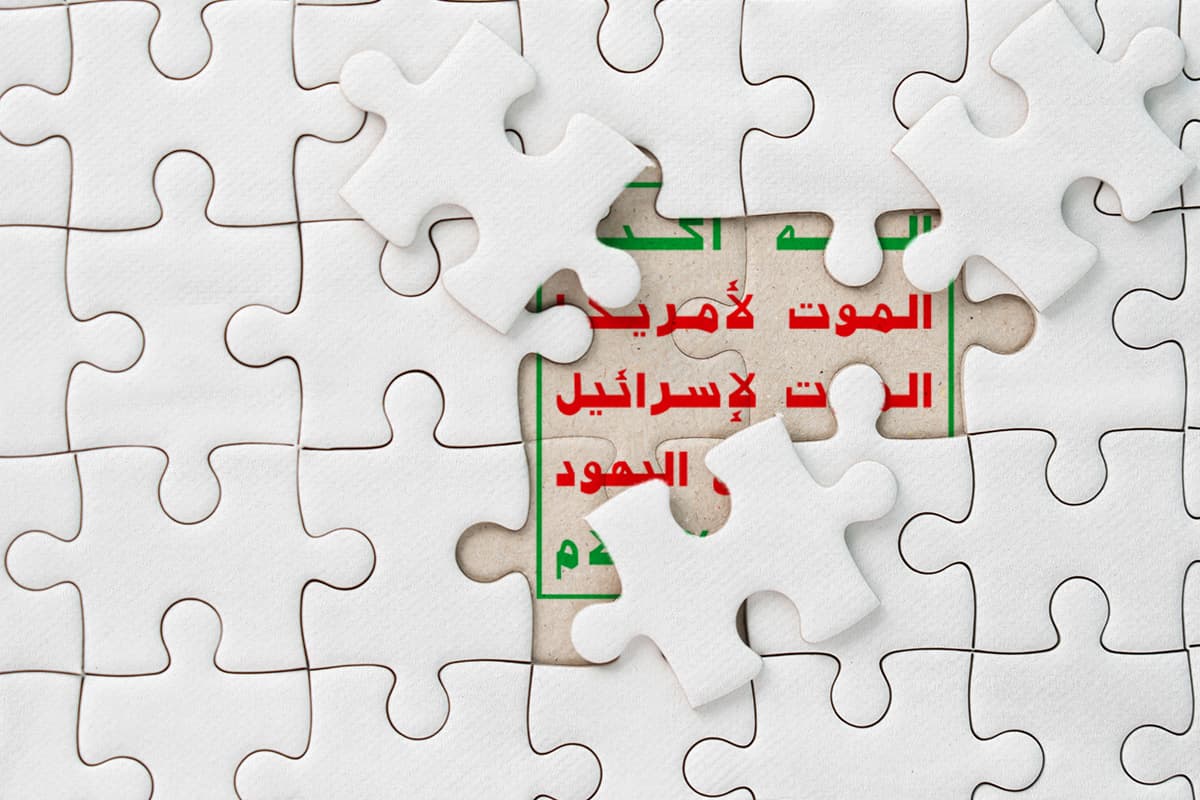Beijing has demonstrated its ability to float above the Middle East fray like a butterfly, but so far it has not shown that it can sting like a bee. The last two weeks have seen a number of developments that place pressure on China’s regional strategy. Against the backdrop of a possible spillover of the war in Gaza into a wider conflict, Beijing has had to navigate the continued Houthi attacks on Red Sea shipping lanes. Further complicating matters was a series of military exchanges between Chinese allies Iran and Pakistan, who both claim to have struck out against anti-government militias located across the border. Despite pressure mounting from Western nations for China to become more deeply involved, Chinese leaders seem to be content to hang back and stay the course.
China’s Muted Response, Offer to Help
On 17 January, Iran launched a series of missile and drone strikes on Pakistani soil, claiming it was carrying out attacks on an Iranian Sunni Muslim militant group, Jaish al-Adl, that had previously attacked a police station in Iran. The next day, Pakistan carried out attacks in the Iranian province of Sistan and Baluchestan, ostensibly against the Balochistan Liberation Army (BLA) and the Balochistan Liberation Front (BLF), two militant groups fighting for greater autonomy. Pakistan was particularly incensed at the Iranian attack, recalling its ambassador from Tehran over the incident, while a related development saw Iraq withdraw its ambassador following similar Iranian strikes in Erbil, which it claimed were targeting Israeli assets.
China’s initial reaction was predictably muted. Mao Ning, spokesperson for China’s foreign ministry, told reporters that “if there is need from the two sides,” China was willing to “play a constructive role in cooling down the situation.” While the case was not widely covered in state media, an official “Hot Q&A” on the conflict between Iran and neighboring countries emphasized the concerns of both sides and did not assign blame to either. Iran’s attacks were “seen as retaliation for the attack on the Rask County police station,” as well as an attempt to reduce the rising pressure of domestic public opinion following the devastating attacks in Kerman earlier this month. Pakistan, meanwhile, was responding to “violations of Pakistan’s sovereignty.” The article concludes optimistically, reporting that the two sides had already begun to discuss a resumption of relations due to the “historic and fraternal” relations between the two countries.
As reports came out that the Pakistani ambassador had returned to Tehran, China implied—but did not directly claim—that it played a positive role in facilitating this outcome. Foreign Ministry Spokesperson Wang Wenbin said that China maintains close communication with both Iran and Pakistan, and that it would “like to continue to play a positive and constructive role in improving the relations between Iran and Pakistan based on the needs of the two countries,” emphasizing its role as facilitator and supporter of regional initiatives.
China Shifts Blame to U.S.
China’s position on the Houthis is also subtly evolving, from one that emphasized opposition to instability caused by the Houthi attacks to one that emphasizes the destabilizing potential of the U.S. response. Multiple articles have emphasized that the Houthis have tied the issue to a ceasefire in Gaza, and end with the same sentence: “Some countries have condemned the actions of the United States and Britain, believing that this is a violation of Yemen’s sovereignty and will aggravate regional tensions.” While China undoubtedly wants the strikes to end, it does not have any real influence over the situation, and its cautious approach seems to be paying off, at least from a purely self-interested perspective: the Houthis have officially announced that they will not (intentionally, at least) target Chinese or Russian vessels. Mohammed al-Bukhaiti, a member of the Houthi political leadership, said in an interview that as long as they are not related to Israel, Chinese and Russian vessels will have safe passage near Yemen.
Business as Usual: Deepening Economic and Diplomatic Ties
Meanwhile, China’s regional activities continue unabated, as it strengthens its economic relationship and diplomatic partnership with key partners. Last week saw a major conference between China and the Arab League in Cairo, where Foreign Minister Wang Yi flexed China’s diplomatic muscle and continued to provide rhetorical support on Gaza. This week, a new major deal was signed between China and Saudi Arabia that would see Saudi company SABIC construct a $6.4 billion petrochemical complex in China. Tensions between Iran and Pakistan don’t seem to have had much effect on China’s relationship with either, as Beijing and Islamabad commit to deeper cooperation under the China-Pakistan Economic Corridor (CPEC). Not to be outdone, Iran announced a 30-percent rise in exports to China over the previous year and a 27-percent fall in imports, somewhat addressing the trade imbalance between the two nations—although it was still about $5 billion in China’s favor, and the total volume of trade declined about 6 percent overall compared to 2023. The rise of Russia as China’s top oil supplier as of this week may also put pressure on Iran, which has previously lost out to discounted Russian oil in the Chinese market.
Despite the Hype, Beijing’s Regional Options are Limited
Since the Saudi-Iran deal was brokered last year, calls for China to take on a deeper, more substantial role in the Middle East have been growing louder in Western media and foreign policy circles, alongside fears of that same phenomenon. There are those who argue that China has already disappointed regional partners and performed below expectations, and that its regional strategy exposes it to risk or is unsustainable. But despite this, Beijing remains committed to its rather conservative portfolio of diplomatic engagement and economic development, resisting any temptation to become involved militarily and criticizing U.S. military intervention, even in situations where it supports the underlying goals.
China refuses to get more deeply involved in regional affairs, and with good reason. Its main strengths are in its expansive and comprehensive diplomatic and economic engagement with the region. China has no misconceptions that it can match U.S. military power in the region, nor does it fail to understand the value of U.S. military power in maintaining the international shipping system. Any attempt to do so would inevitably fail, and it seems unlikely that anyone in the region is expecting—or hoping—for China to get involved militarily. All of China’s recent actions have been geared not towards supplanting the United States but rather minimizing risks to China’s regional framework of economic development and diplomatic engagement. In terms of weathering the storm and maintaining business as usual, Beijing is doing a remarkably good job.






